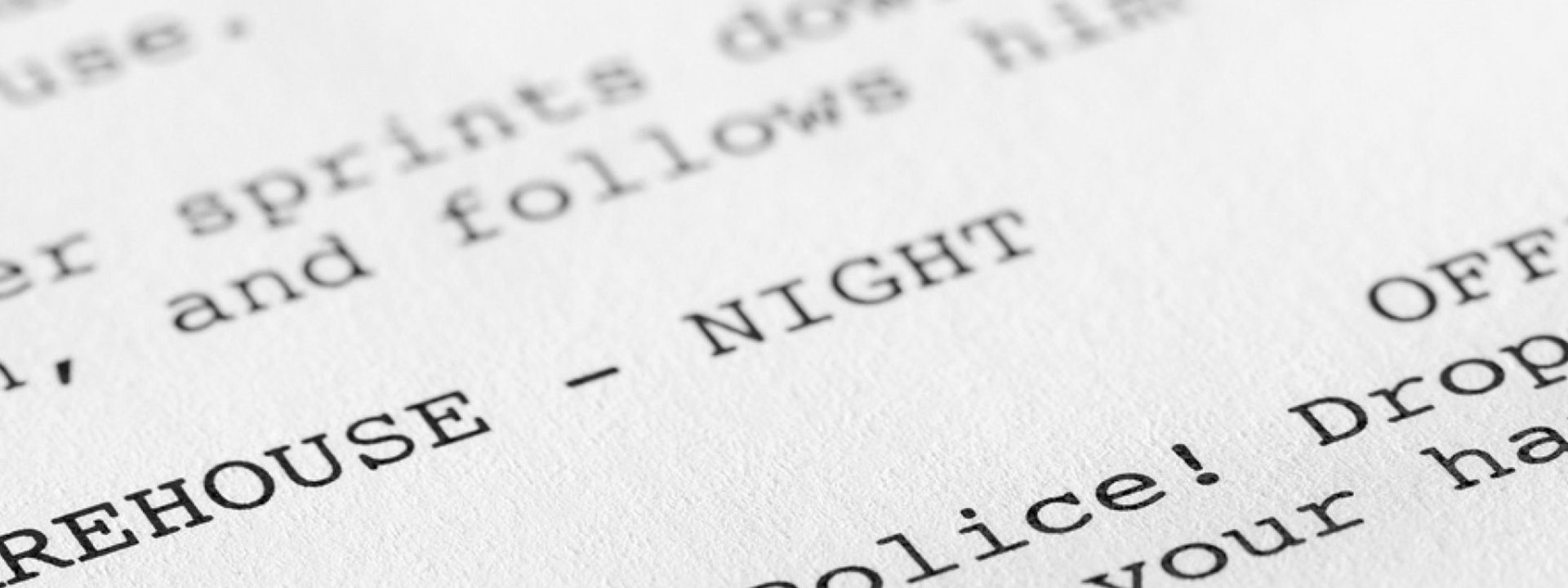What is your creative process? How do you create?
I suppose I like to tinker and dream. And underneath it all there’s a desire to escape mortality, existential loneliness, and hallucinate a meaning to life. But when ideas come to me, I try to follow them as best I can into a story world that gives me energy to continue. If I’m lucky I get lost in this world and very much wish to return to it. I believe creativity comes from the unconscious which is sort of a spiritual vacuum cleaner filled with a lifetime of endless information and observation. The trick is to convert this into a magical flow. Sometimes it races in and sometimes it takes weeks or months to emerge. But we must work on freeing ourselves so we can discover that flow. In this way we create an expression of our true core. For me, this is a life long process because judgment is all around us and within us, and judgment is the enemy of creativity. Working in film is especially judgmental. You must approach the work without expectation or a fixed result. So it’s about “yes you can” and ”love it or crash.” I usually like to start with pencil and paper. I feel more free for some reason. Then I use computer cards to structure and make possible scene connections. In screenwriting the structural process seems to be the most important time spent. Also getting to know your characters is quite critical as there are no dramatic events in life with any significance what so ever without human interaction. I mean you don’t even put your foot on a gas peddle without the human desire to go somewhere. Everything starts there. I must stress it’s VERY IMPORTANT TO LET GO AND HAVE FUN in your early drafts. This is your time to enjoy your flow. This is creativity. Not the principal’s office. The readers, producers, professors and guardians of the “career gates” don’t mention this much.
Do you write only screenplays?
I come from being a musician and film editing background so I suppose I’m naturally attracted to both “in the moment” and visual creations. I prefer to write screenplays because I enjoy the immediacy of drama and the potential of actualizing an idea into a visual form. Much can be said visually. An actor can, with just a facial expression, say more than a thousand words. So can an carefully chosen environment or a compelling situation. This is wonderful to me. I’m also attracted to Eastern philosophy which tends to visualize rather than analyze. The challenge in film is to visualize internal and external motivations which when successfully actualized, achieve emotional and spiritual effects that are powerful. Having said this, writing a screenplay is both a huge pain in the ass and a very, very fun process. Obviously you can actualize fantastic stories with other literary forms. But screenplays are more immediate for my particular taste.
What fascinates you most about your character?
My character, Jack, is interesting to me for a number of reasons. He’s arrogant, brilliant, and slightly immoral on the surface, but terrified of responsibility and his own mortality deep underneath. His fascination with quantum physics to control outcomes becomes the exact force that places him face to face with having to surrender to mystery and everything he fears
Why is quantum physics in the film?
Quantum physics was a choice I made because it currently seems to be the essence of the universe. Also because it appears to bridge science with what we call spirituality. It behaves in mysterious ways and appears to defy dimension, distance, and time. I chose this because Jack was looking for quantum physics to control life and discovered it has the exact opposite effect
How can you write a trip into time and consciousness? How did you pick the materials?
Time travel and consciousness are abstract concepts and therefore difficult to visualize. I would say using contrasting scenes and special effects sequences. Placing your character in somewhat familiar environments but skewing it with unconventional visual symbols help with this task. Also mixing imagery and interactions with other characters that interact in an unconventional manner. Having your character discover new insights into a bigger picture of life. Italians have, to my mind, the world’s best example of this with Fellini, who was able to achieve visualizing abstract and spiritual material with ease. I believe he absolutely trusted and honored his unconscious I’m learning.
What are you working on right now?
I’m currently working on two projects. One is about a jaded documentary filmmaker in Africa following a murderous religious leader and the other is a Sci Fi about the creation of a new country on another planet and the Earth’s political response to it.
What are your long term goals?
My goals are simple. Keep learning. Keep writing. And keep fighting to enjoy and honor my creativity. It’s a gift that can keep you sane provided you don’t hand it’s value and power over to an outside source.


